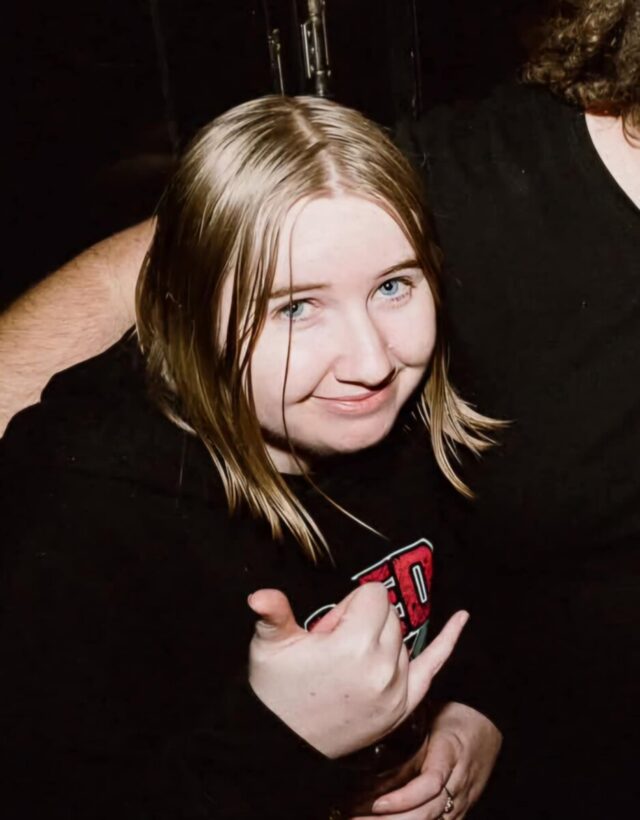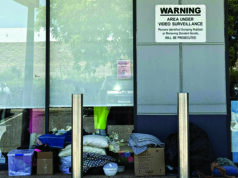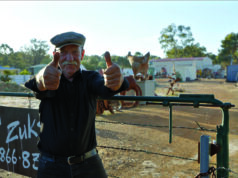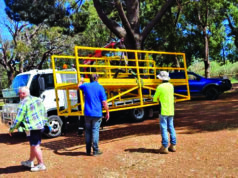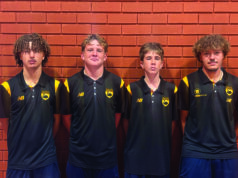For 20 hours on September 6, Josie Heywood will sit alone in a small square at Claremont Showgrounds; no phone, no talking, just herself and her thoughts.
It is not a punishment or an endurance stunt.
It is her way of turning personal struggle into a statement of solidarity for youth mental health.
“I saw the event and thought that maybe instead of wasting my time at home alone being depressed, anxious and idle, I channel my inactivity into a productive outlet,” Josie said.
“It took a lot of back and forth battling with my brain to push past the fear, insecurity and anxiety.”
The event, 20 Hours for 20Talk, will see about 450 participants across the country spend 20 hours in silence to reflect and raise awareness.
Each has their own reason for taking part, but all share a commitment to supporting those who cannot or will not speak up.
It’s quite personal for Josie. She has lived with mental health challenges for more than a decade, lost family to it, and watched friends fall into crisis.
She wishes she had known more about mental health when she was younger, believing it could have shaped her into a more emotionally healthy person.
“Having better awareness in my teens and early 20s is something I think would have shaped me into a more emotionally healthier individual,” she said.
Her experience reflects broader concerns raised by the Mental Health Advocacy Service (MHAS), which works with young people experiencing acute or enduring mental illness.

Speaking with the Examiner Newspapers, Deputy Chief Mental Health Advocate, Bronwyn Nattrass, said many young people today feel lost, overwhelmed and without hope. Cost of living pressures, housing insecurity, substance abuse, and difficulty accessing mental health services all add to the strain.
“The internet and access to devices carry many benefits, but they also expose young people to harmful content and exploitation,” Bronwyn said.
“Too often parents and professionals cannot protect them until harm has already occurred.”
Bronwyn said warning signs that a young person might be struggling include withdrawing from activities they once enjoyed, isolating themselves, or changes in eating, sleeping, or hygiene habits. She believes community awareness is improving but there is still a gap in understanding and addressing the specific challenges young people face today.
According to Bronwyn, public fundraising and awareness campaigns help to break down stigma and normalise seeking help, especially when young people are directly involved in shaping them.
Josie hopes her own silent vigil will send an important message: “That they’re not alone. I know how hard it is to get out of that mindset and reach out for help when you feel like the world is against you.”
If you or someone you know is struggling, contact Lifeline on 13 11 14 or Kids Helpline on 1800 55 1800.


